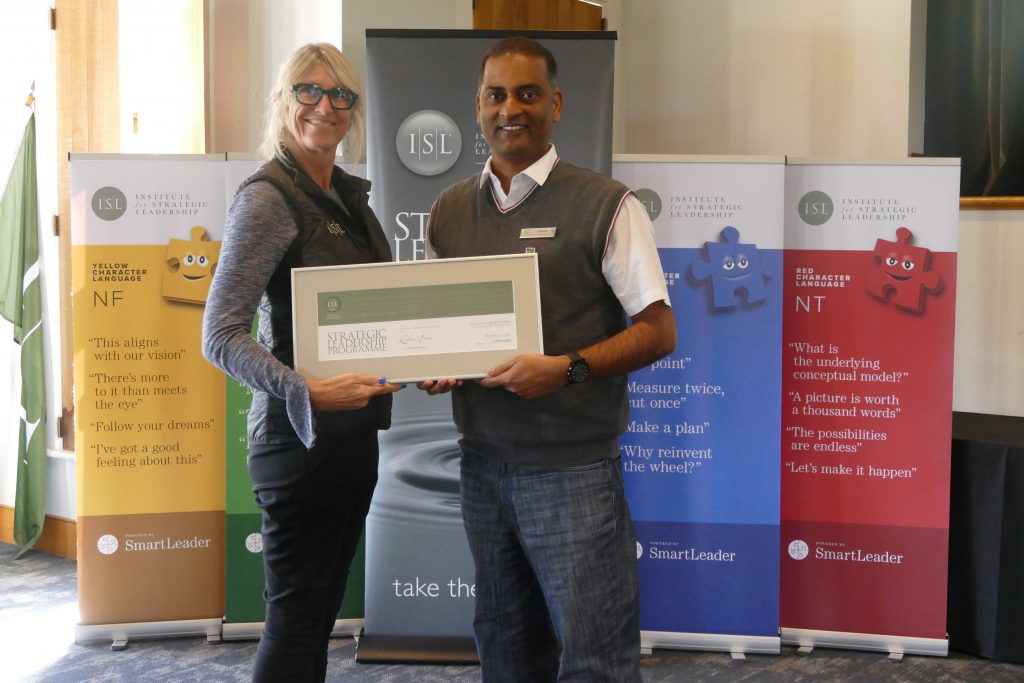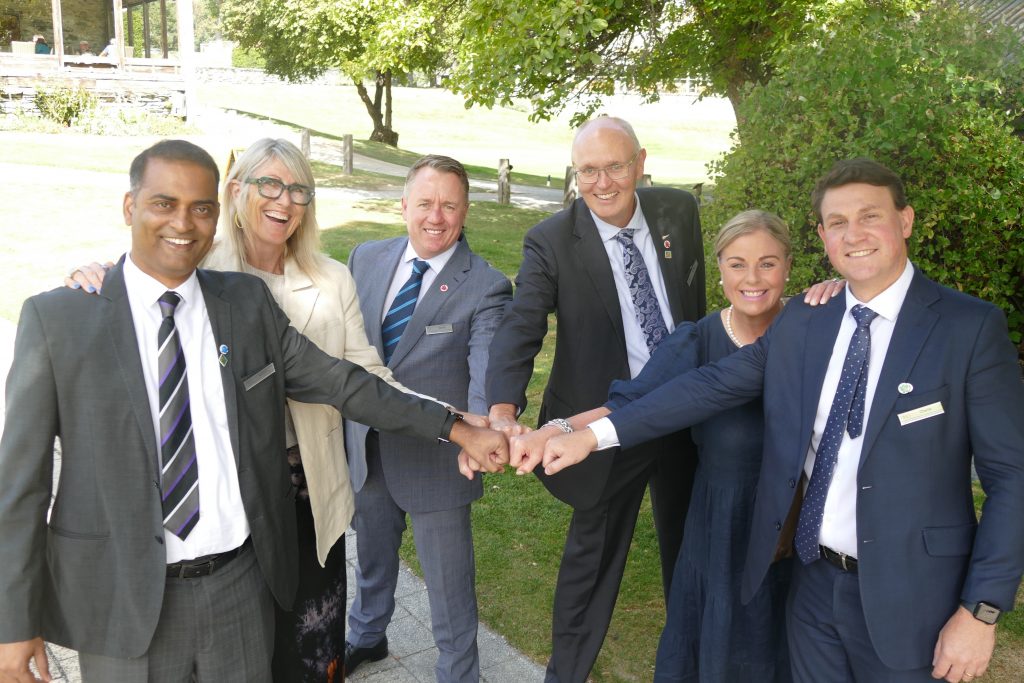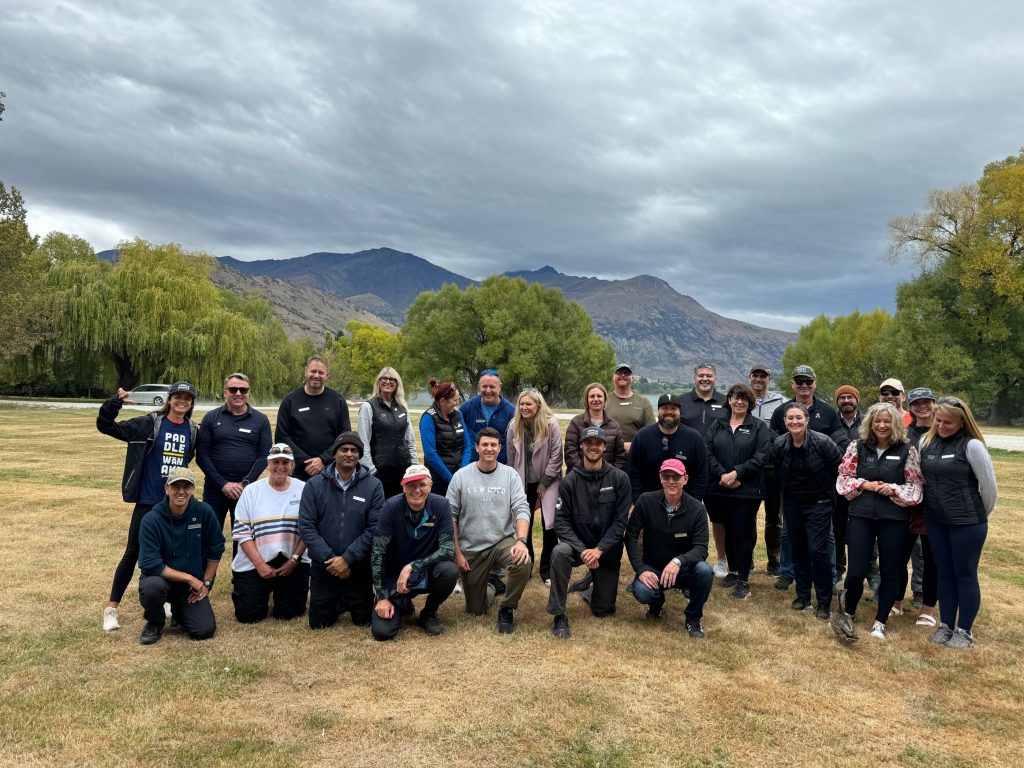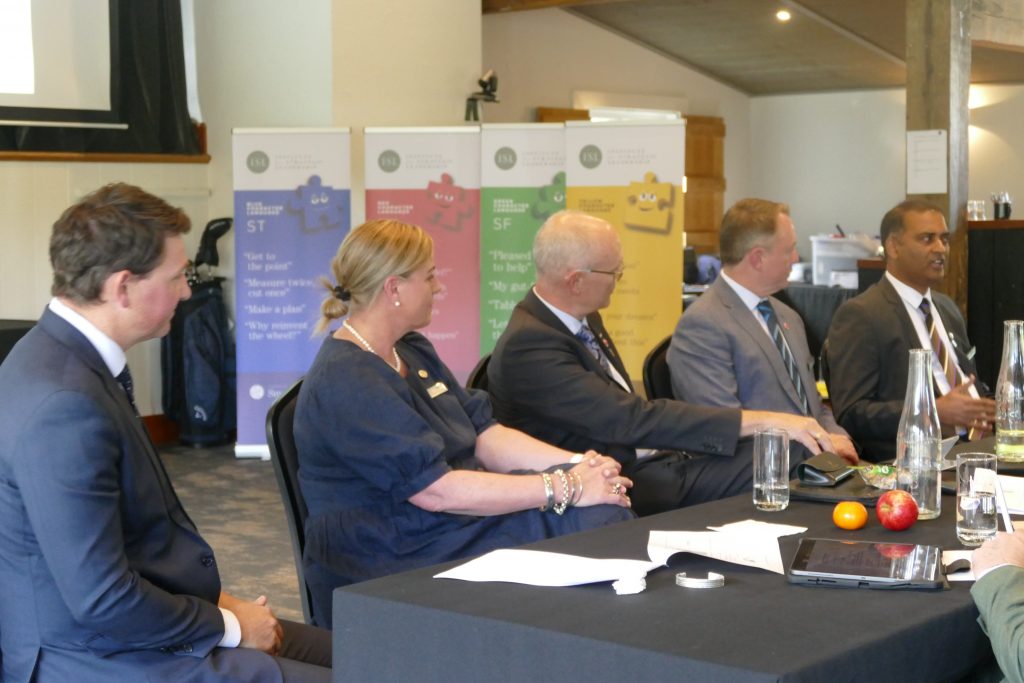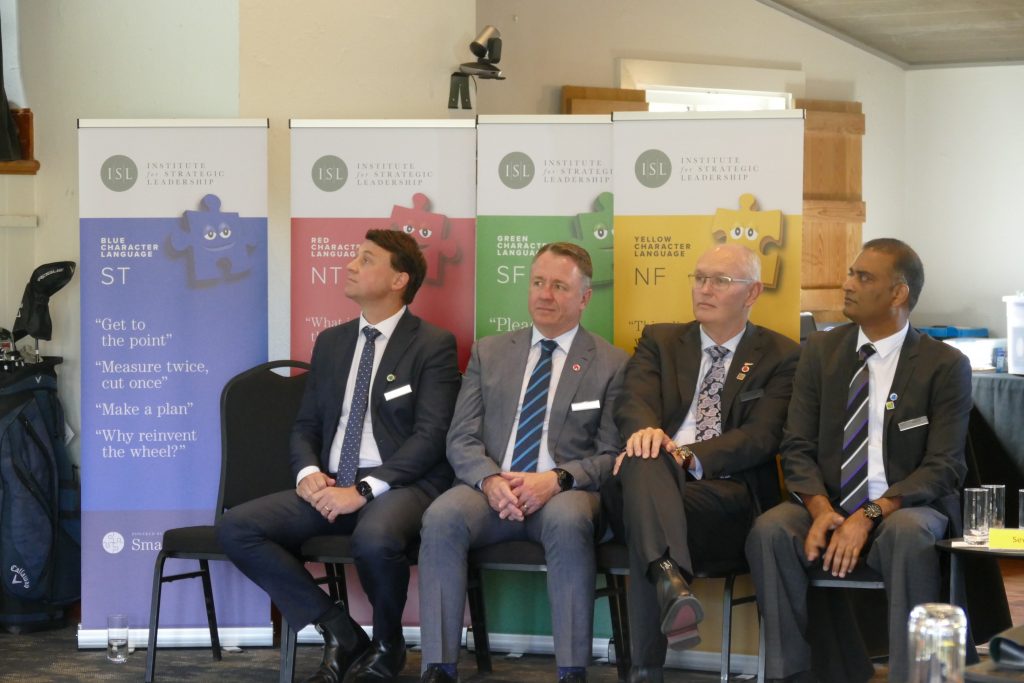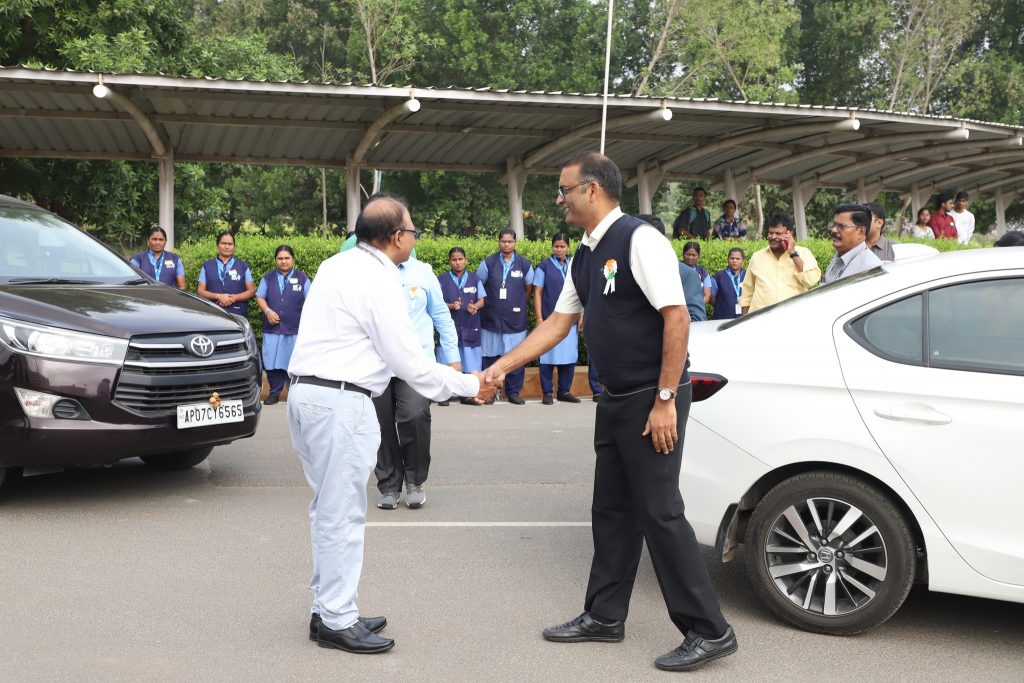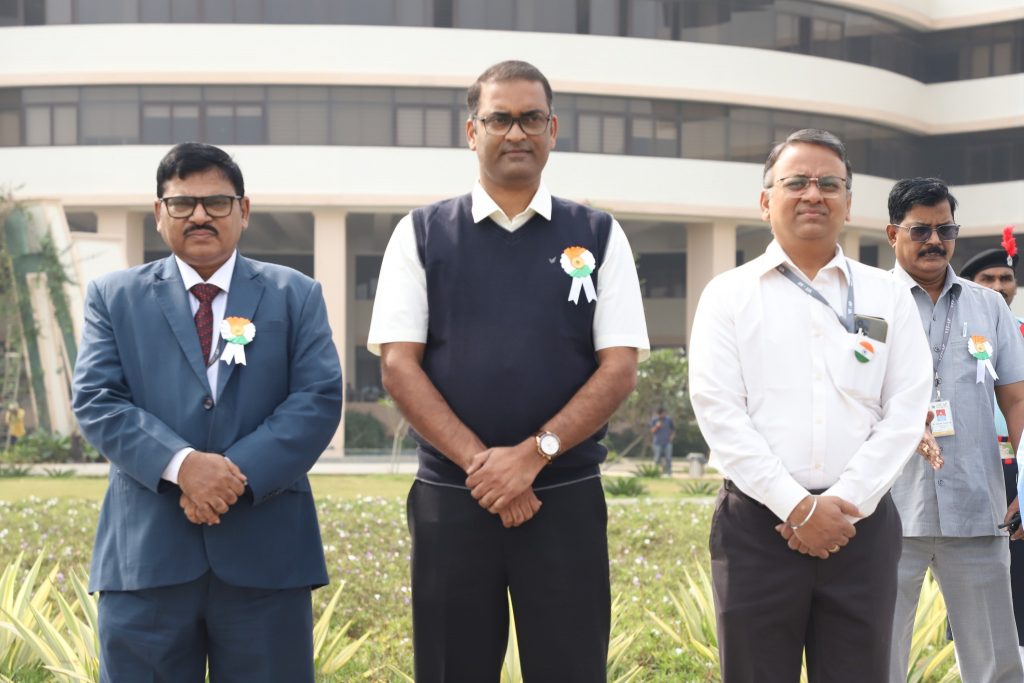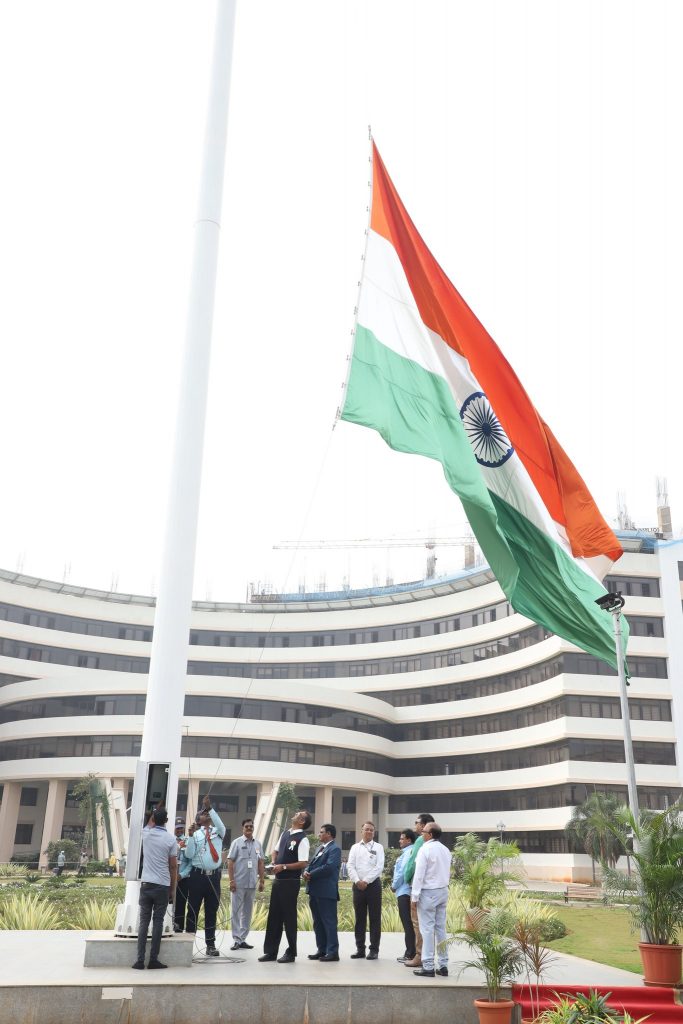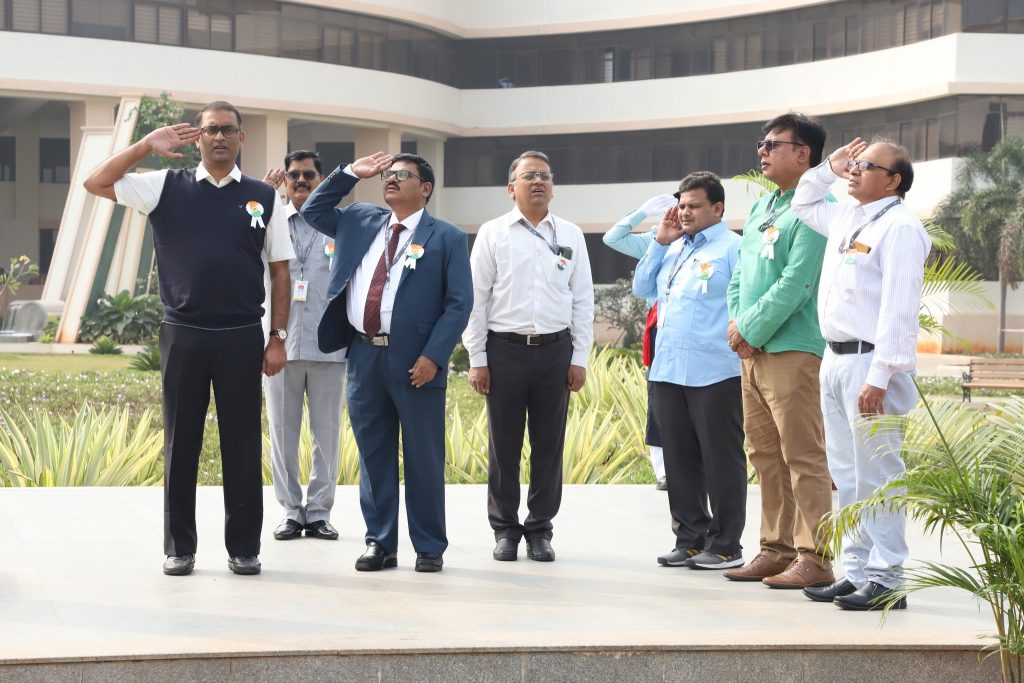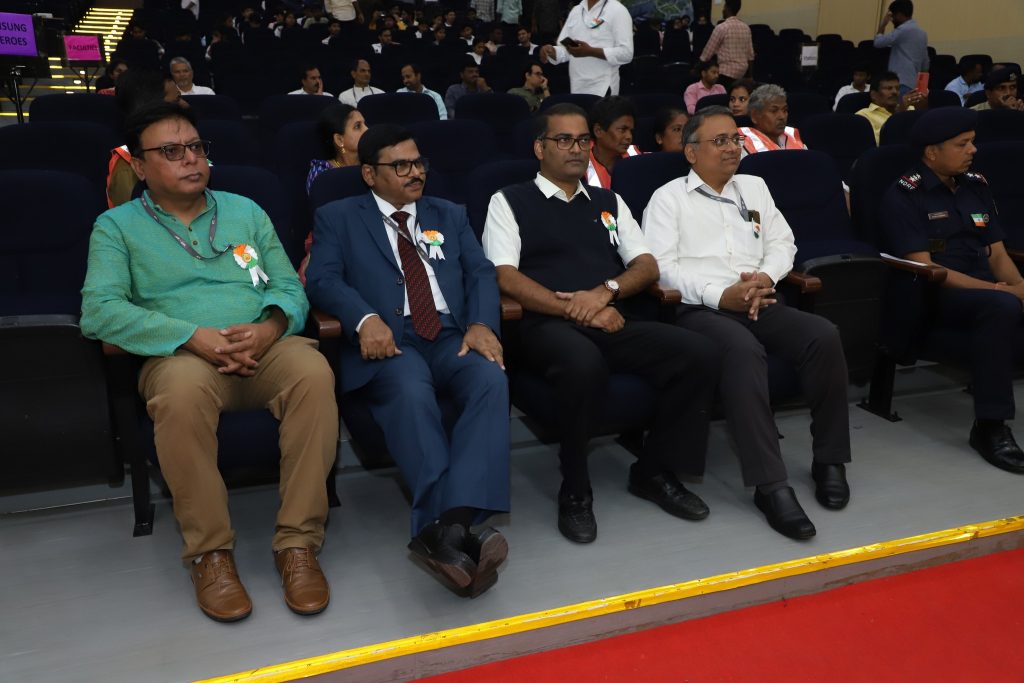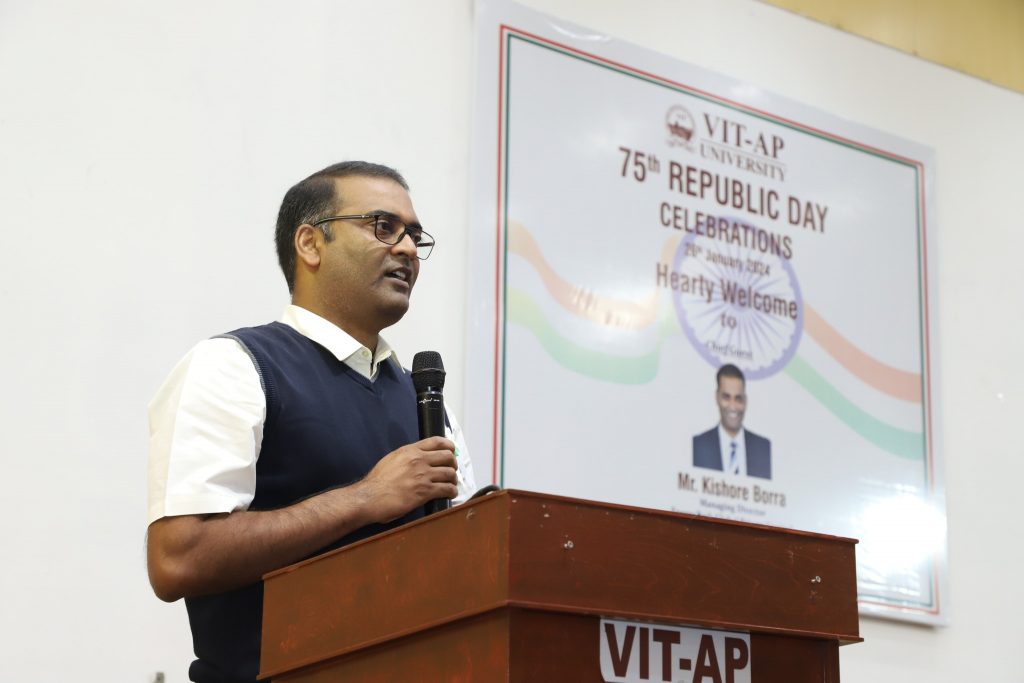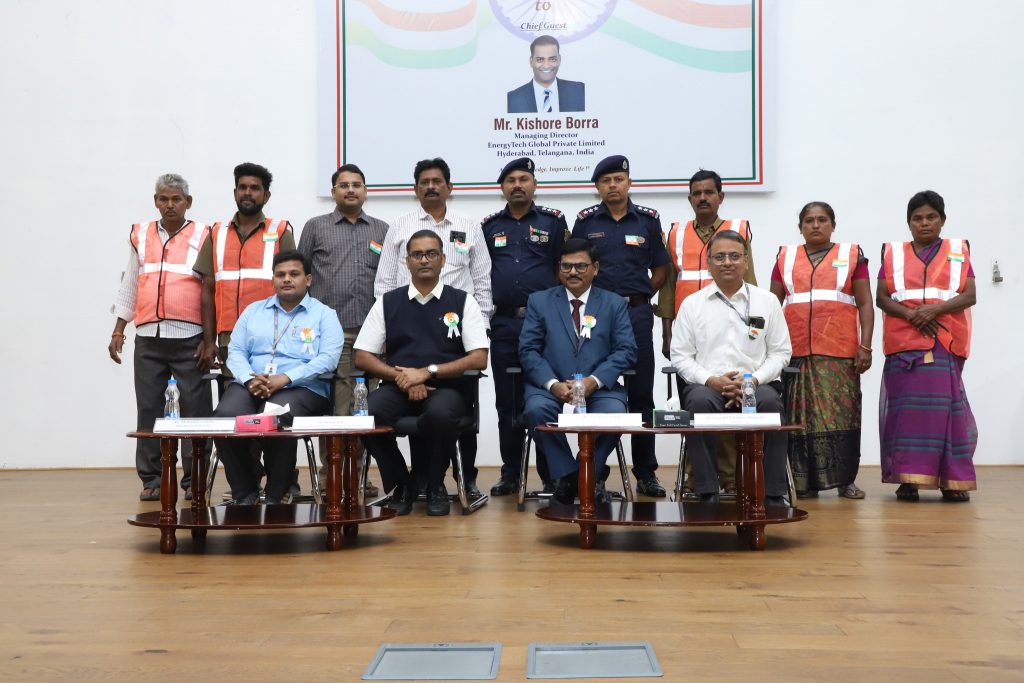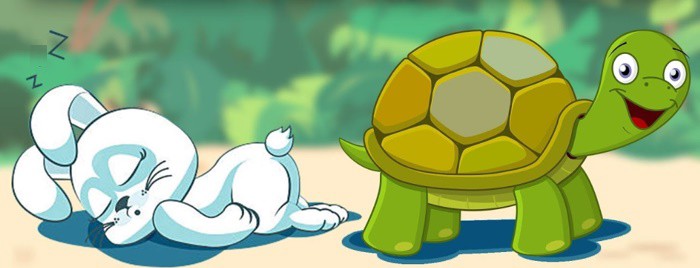Sometimes, the simplest things can change lives in profound ways. For me, that transformative tool was a Philips transistor radio, a modest yet impactful investment my parents made in 1994, costing around ₹380—an amount that felt monumental for our family back then. Growing up in a farmer’s family in a small village in coastal Andhra Pradesh, we led a quiet, humble life in a house with mud walls and a thatched roof without electricity until I turned 15. This radio became my gateway to a whole new world.
My parents saw something in me, and despite our financial struggles, they made this sacrifice, investing in my dreams long before I had any clear vision of them myself. They handed me that transistor, not knowing it would become my guide and teacher, fueling my determination to rise beyond our circumstances. Listening to English news and talk shows on All India Radio, I was transported to places and ideas far beyond the reach of my small village. The words and phrases from those broadcasts became my textbooks; each day, I jotted down unfamiliar words, skipping college lunch to spend that hour in the library, deciphering meanings and building my vocabulary. It opened a whole new world of possibilities and showed me that growth comes from one small step at a time.
The journey wasn’t easy—I had only started learning the English alphabets just before my 6th standard at a Telugu-medium government school. Yet, with that radio by my side, I could hear a future I wanted to create, bit by bit. My parents’ faith and that small radio were my greatest assets, teaching me resilience, focus, and the belief that knowledge could take me anywhere.
To all rural youth who study in regional languages and are reading this post: Every dream counts, and every small step adds up. No matter where you start, be curious, be hungry, and take that next step. Your journey may look different, but the power to change your life lies within you.
I am eternally grateful to my parents, who invested in that radio. Their belief in me and that small transistor were seeds of inspiration that helped shape who I am today.

RootsAndDreams PowerOfRadio RuralYouth FromVillageToVision borra dontcoast getleaderized personalgrowth
Regards,
Kishore
